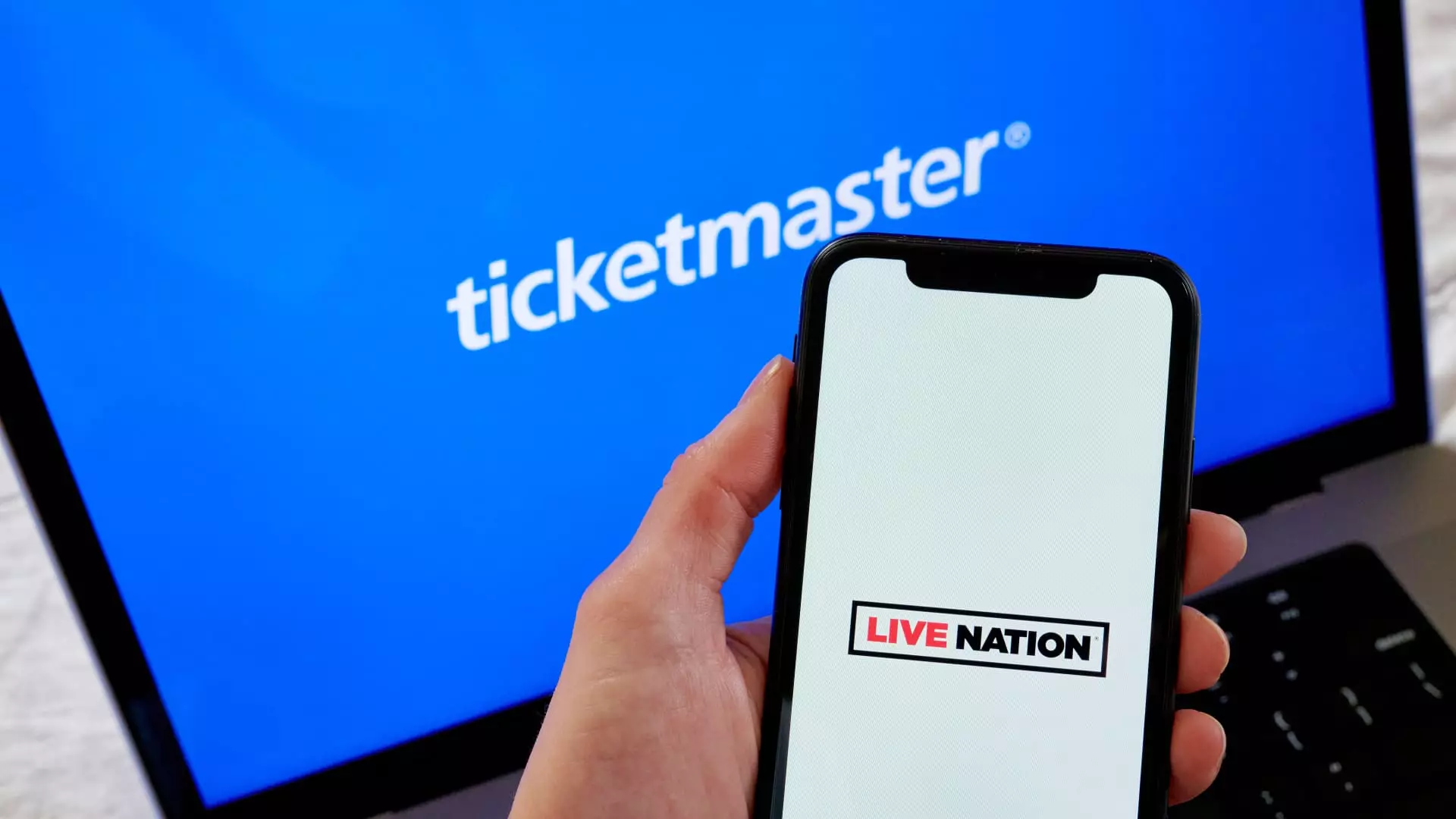The U.S. Department of Justice, along with 30 states, has filed a lawsuit against Live Nation, the parent company of Ticketmaster, for alleged antitrust violations. The lawsuit alleges that Live Nation maintains a monopoly in the ticketing industry, which is said to harm fans, artists, smaller promoters, and venue operators. Attorney General Merrick Garland stated that Live Nation uses unlawful and anticompetitive conduct to control the live events industry in the United States.
In response to the lawsuit, Live Nation has denied the allegations made by the DOJ, calling them “absurd.” The company argues that the high ticket prices are not solely the result of their actions but are influenced by factors such as increasing production costs, artist popularity, and online ticket scalping. Live Nation claims that the lawsuit ignores the actual reasons behind the pricing discrepancies in the industry.
Live Nation and Ticketmaster merged in 2010, creating a dominant entity in the live event industry. The company operates ticket sales for live entertainment worldwide and owns over 265 entertainment venues in North America. The DOJ lawsuit claims that Live Nation controls around 80% or more of major concert venues’ primary ticketing for concerts, indicating a substantial share of the market.
The Justice Department lawsuit accuses Live Nation of maintaining a self-reinforcing business model that locks artists into exclusive promotion deals and venues into long-term contracts. Live Nation is also accused of threatening financial retaliation against potential competitors and acquiring smaller competitive threats. The company’s actions are said to discourage competition in concert promotions and limit choice for fans.
The lawsuit highlights the impact of Live Nation’s alleged monopolistic practices on fans and artists. Fans end up paying more in fees, while artists have fewer opportunities to perform concerts due to limited access to key entertainment venues. Smaller promoters also face challenges in competing with Live Nation in the industry, leading to a lack of innovation and choice for consumers.
Live Nation has defended its pricing practices, stating that service charges by Ticketmaster are not significantly higher than elsewhere in the industry. The company claims that artist teams set ticket prices, and venues keep the majority of ticket fees. Live Nation argues that the lawsuit is not based on legal grounds and that it will not lead to reduced ticket prices or service fees.
Despite the lawsuit and allegations of antitrust violations, Live Nation reported its “biggest Q1 ever” earlier in the year, citing a revenue increase of 21% from the previous year. The company also highlighted its overall net profit margin, which is stated to be at the low end of S&P 500 companies. Live Nation believes that the lawsuit is unjustified and does not consider the broader context of the live events industry.
The lawsuit against Live Nation and Ticketmaster raises significant concerns about competition and consumer choice in the live events industry. The allegations of monopolistic practices and antitrust violations warrant further investigation to ensure a fair and transparent marketplace for fans, artists, and other stakeholders in the industry. Live Nation’s response to the lawsuit suggests a different perspective on the factors influencing ticket pricing and market dynamics, highlighting the complexity of the issues at hand.

